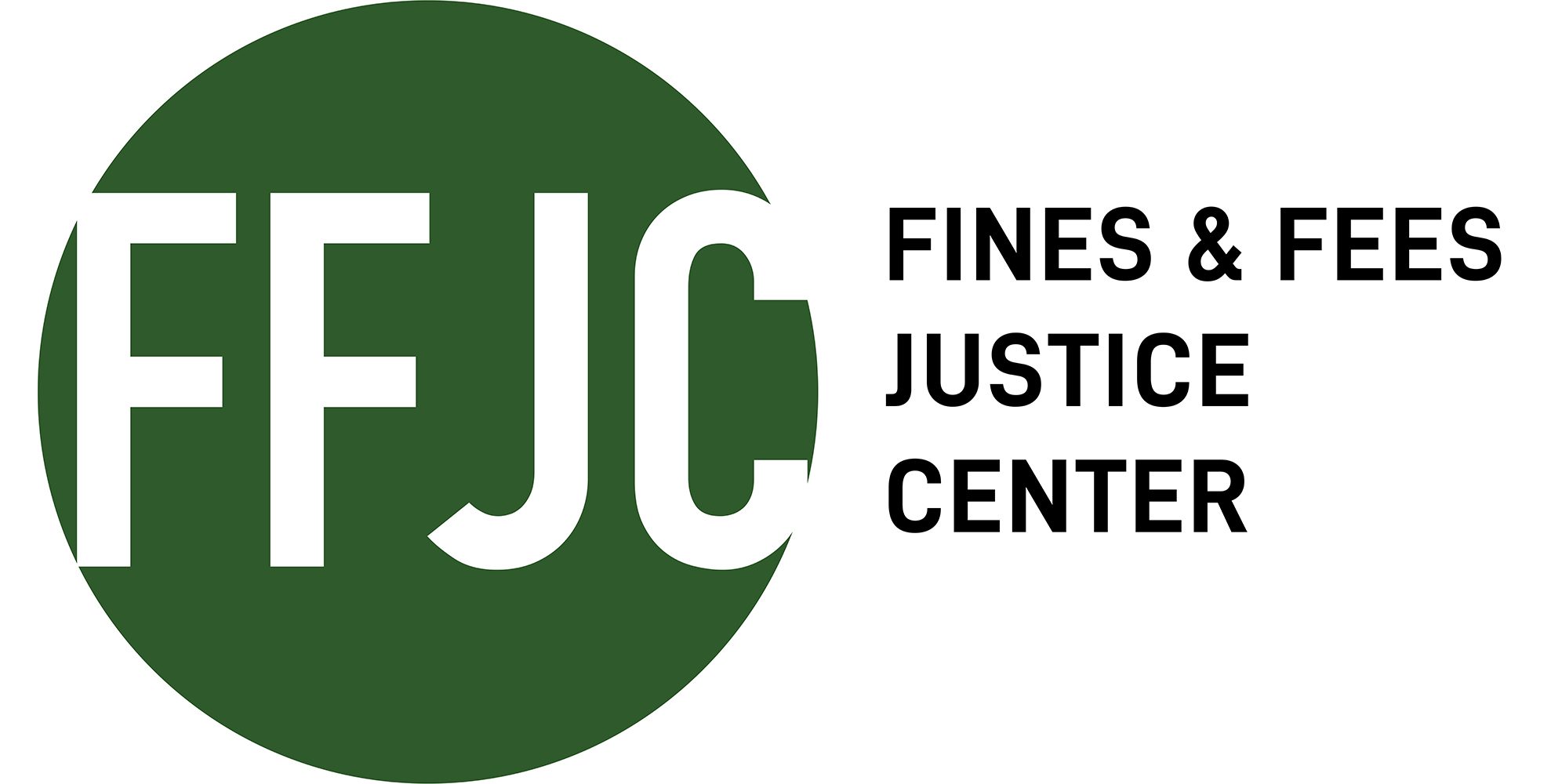State and local governments rely on fees, penalties, surcharges, costs and assessments (“fees”) imposed by the criminal legal system to generate revenue for its operation and other government services. Fees operate as a tax — disproportionately levied on low-income communities and communities of color — and they exist solely for the purpose of raising or recouping money to fund government. Regressive taxation in the form of fees is common throughout the United States. Both state and local governments impose fees on individuals to: access counsel when you are indigent, exercise your right to a jury, be released while awaiting trial, make phone calls from jail or prison, participate in alternatives to incarceration, make payments toward fines and fees and more.
The result of this toxic revenue stream has been increased enforcement, over-criminalization of low-income and communities of color, and egregious collection practices. What’s more: many of these fees have shown to be either uncollectible or not worth the cost of collection. Still, governments rely on them as a source of revenue.
The only solution is to end the use of fees in the criminal legal system, provide relief for people saddled with debt, and fund governments equitably and reliably. This comprehensive resource provides government leaders and advocates with the information they need to drive reform in their jurisdictions and includes:
- The history and types of fees found in the justice system
- The impact of court fees and court debt on both individuals and governments
- Recommendations for eliminating fees and discharging outstanding debt
- Detailed list of fee elimination reforms and examples of discharged debt at the state and local level
Read and download the complete policy guidance here.
